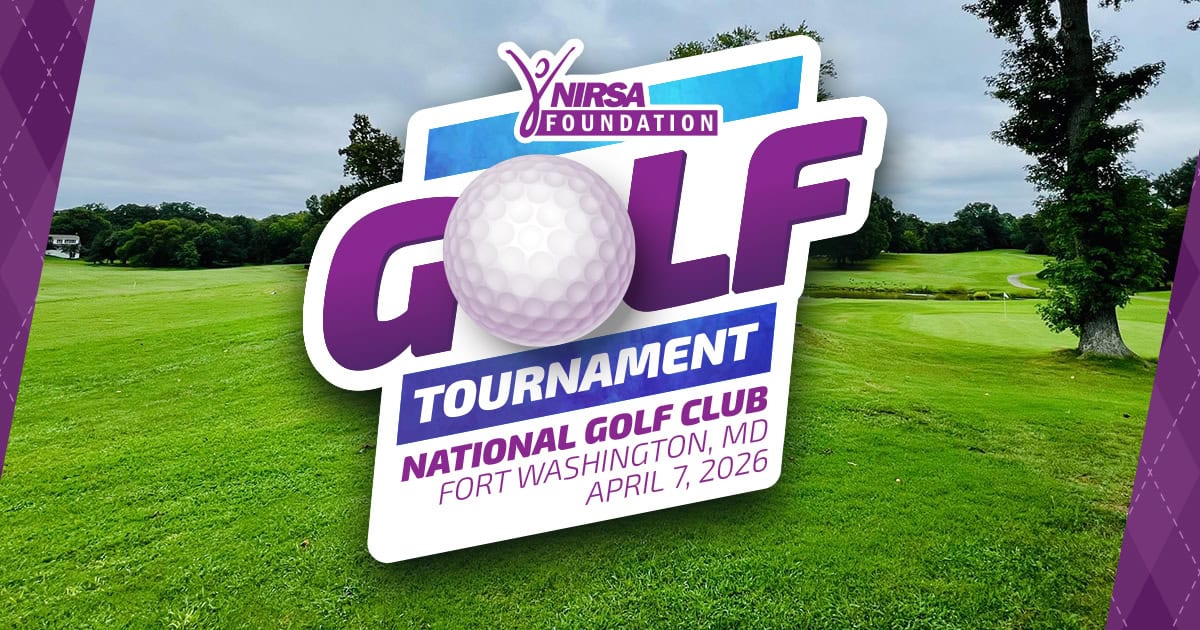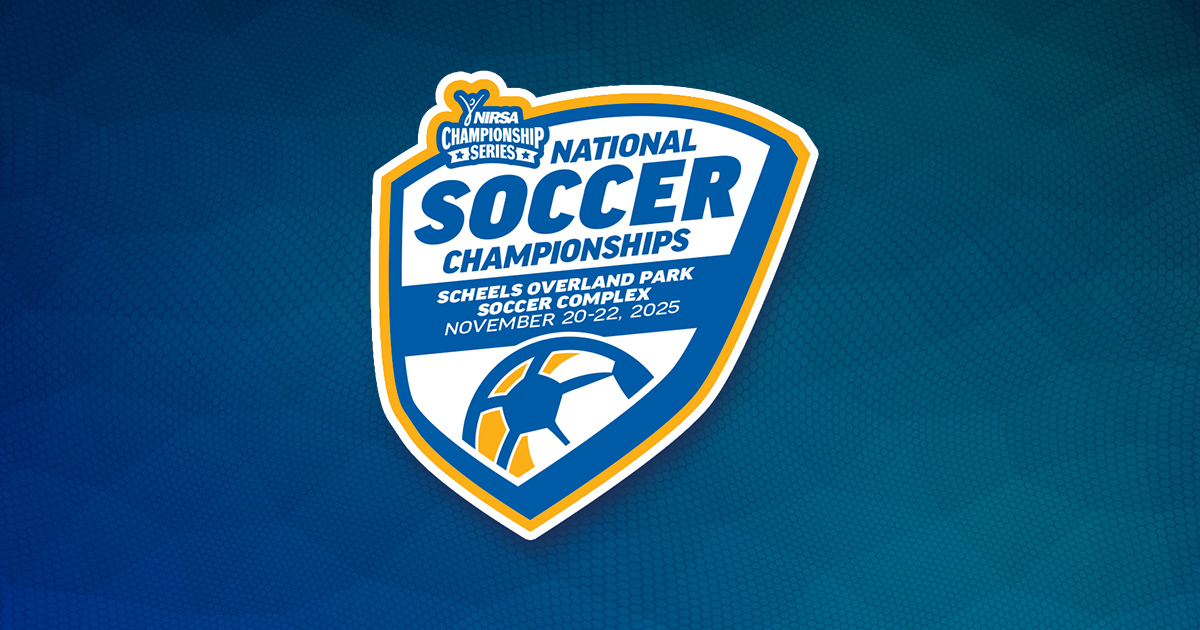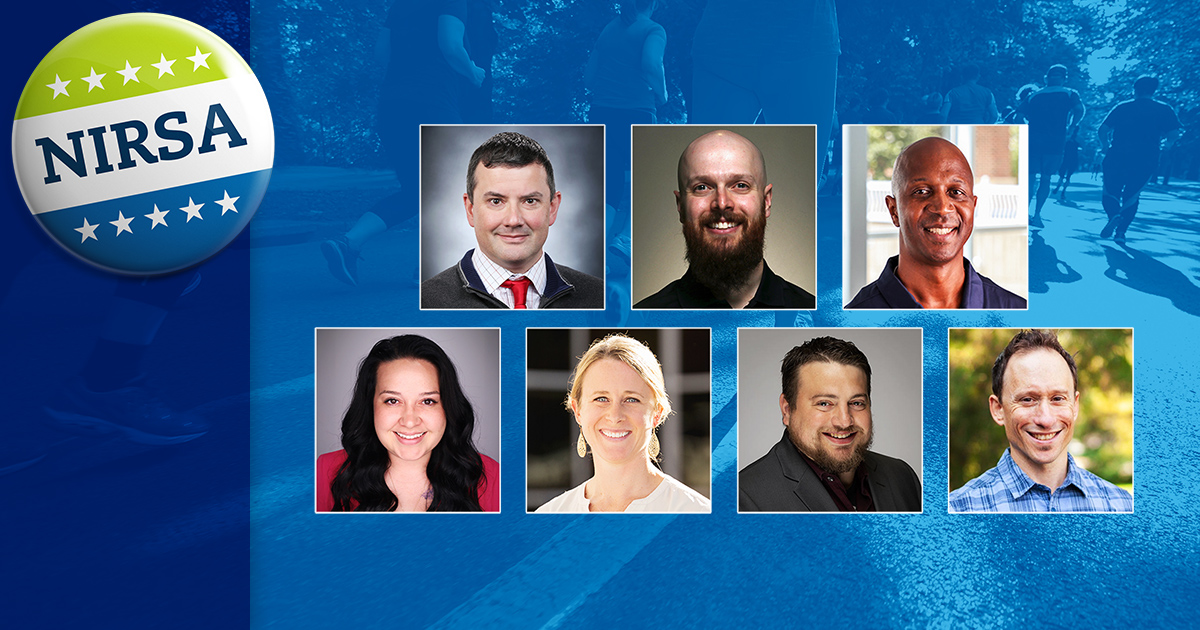Filters
Search
Topic
Professional Area
Article Type
-

Members can vote on proposed bylaws amendments in early March
-

Start making plans to support the future of campus rec in National Harbor
-

Heart of the Series: The work behind the work teams
-

Looking back at the 2025 NIRSA National Soccer Championships
-

Members on the Move – December 2025
-

Meet the candidates standing for NIRSA leadership positions
